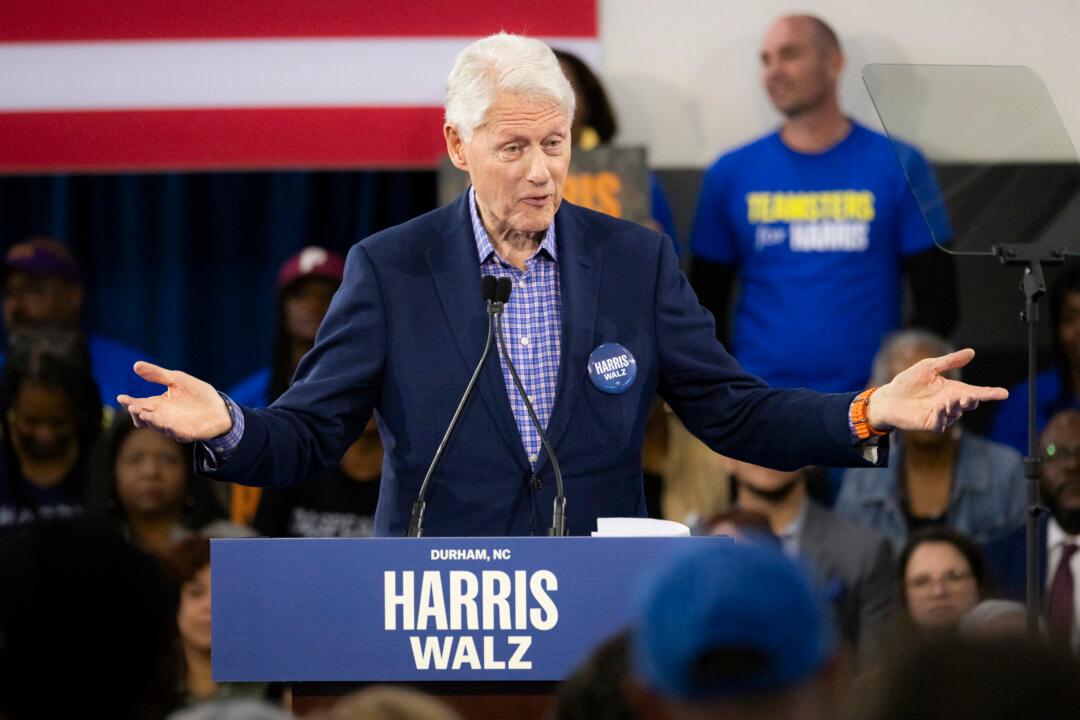The U.S.-led coalition to protect and train Iraqi security forces was placed on hold as tensions between Washington and Iran escalated in the wake of a top Iranian general’s death.
“As a result we are now fully committed to protecting the Iraqi bases that host Coalition troops. This has limited our capacity to conduct training with partners and to support their operations against Daesh and we have therefore paused these activities, subject to continuous review,” the statement added.
Following a vote by the Iraqi Parliament to expel U.S. troops from Iraq, Esper noted that the resolution is nonbinding. “I think Iraqi–or some have categorized–characterized it as a nonbinding vote. So it’s nonbinding right now. We – this has to play out. I think there’s some more action that has to happen,” he said.

There were reports Monday claiming that the United States would pull out of Iraq amid the tensions with Iran, but Esper that there has “been no decision whatsoever to leave Iraq ... there has been no decision made to leave Iraq, period.”
A letter from Marine Corps Brigadier General William H. Seely III, commanding general of Task Force Iraq, was purportedly leaked to media outlets late on Monday and appeared to suggest that U.S. forces were pulling out.
“That letter is a draft, it was a mistake, it should not have been released,” he said.
The rising tensions between Tehran and Washington were triggered by a U.S. drone strike that killed high-level Iranian Gen. Qassem Soleimani and several others last week. Iran said that it was an act of war and vowed to take revenge.
The bellicose statements from Iranian officials, including its Supreme Leader, drew warnings from Secretary of State Mike Pompeo and President Donald Trump, who wrote that more than 50 Iranian targets could be hit should Iran retaliate against American citizens or assets in the region or elsewhere.
The airstrike drew criticism from top Democrats in Congress, who said that the entirety of the White House’s notification to Congress should be declassified. House Speaker Nancy Pelosi (D-Calif.) also said Monday that her caucus would attempt to vote to limit the Trump administration’s war powers in Iran.





